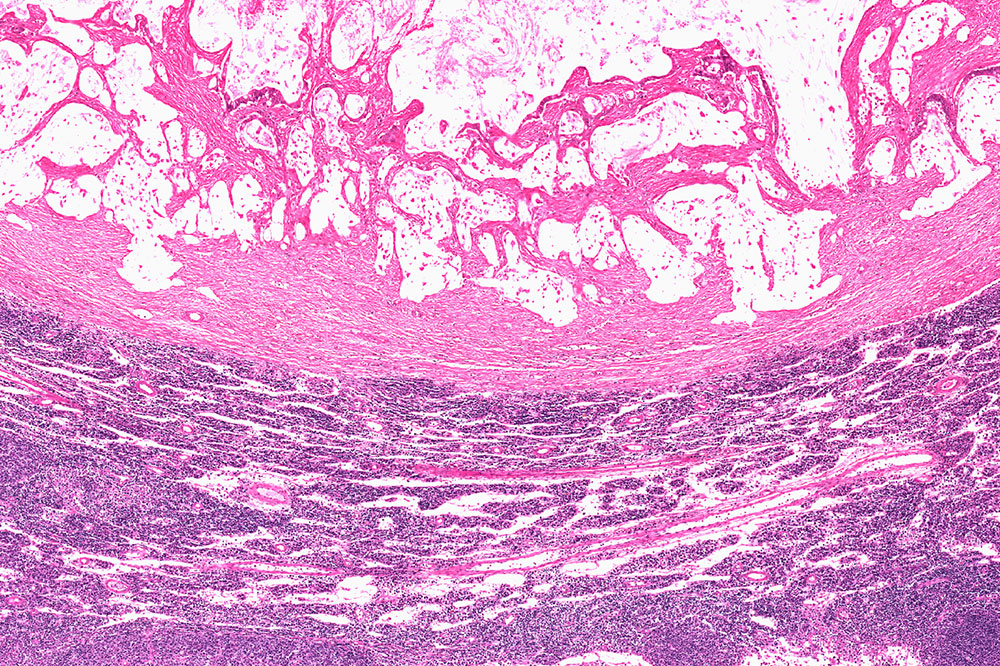
Health
Understanding the link between nasal polyps and allergies
Nasal polyps are noncancerous growths that occur in the nose or sinuses. These growths are shaped like tear drops, and can be found in the area where the sinuses meet the nasal cavity. Those that are small in size usually cause no trouble and need minimal treatment. Large nasal polyps can often affect breathing and block the drainage from the sinuses. Nasal polyps occur due to long-term inflammation in the nasal cavity and sinuses. Genetic predisposition is another factor that plays a role in the development of nasal polyps. Common symptoms of nasal polyps Those who suffer from nasal polyps can experience a wide range of signs and symptoms. These include blocked nasal passages, sneezing, a runny nose, headaches, and losing sense of smell, among others. Individuals may also develop sinus infections and allergies that can arise from a number of factors, such as sensitivity to dust and fumes. In certain cases, individuals with nasal polyps have also been known to develop allergies to aspirin and certain dyes. A severe case of nasal polyps can even cause long-term sinusitis and nose deformities. How do nasal polyps affect allergies? Nasal polyps are often linked to allergies. Studies have shown that those who have nasal polyps experience breathing troubles that are usually a result of allergies, chronic sinusitis, and even asthma.













